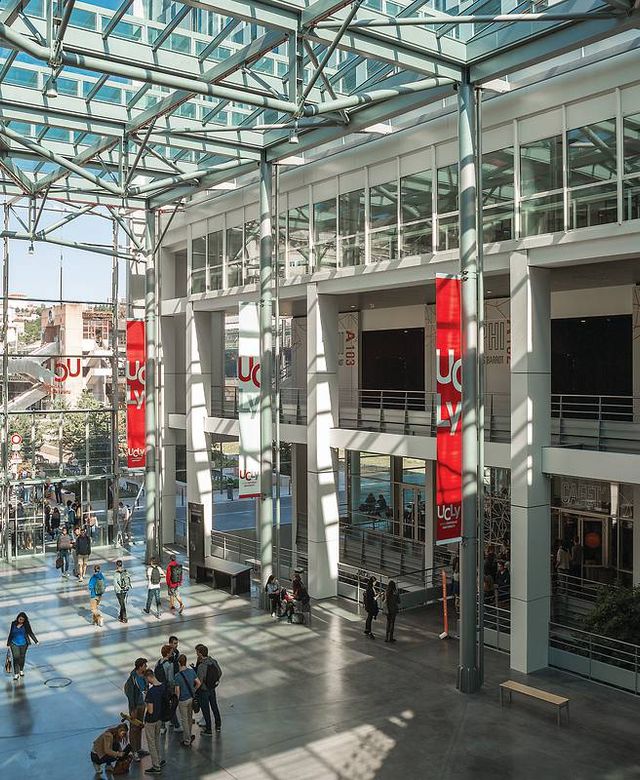
2025 - 2026: 150 years and new projects!
2025-2026 academic year is a time to remember, but also to innovate. In 150 years, UCLy has established itself as a major player in Lyon's academic landscape, proving the effectiveness of a unique recipe combining academic excellence, local support and a multidisciplinary approach at the heart of training. UCLy continues to look to the future, with the aim of combining innovation with fidelity to its humanist tradition, and continuing to marry science and the humanities.
updated on 19 November 2025
UCLy
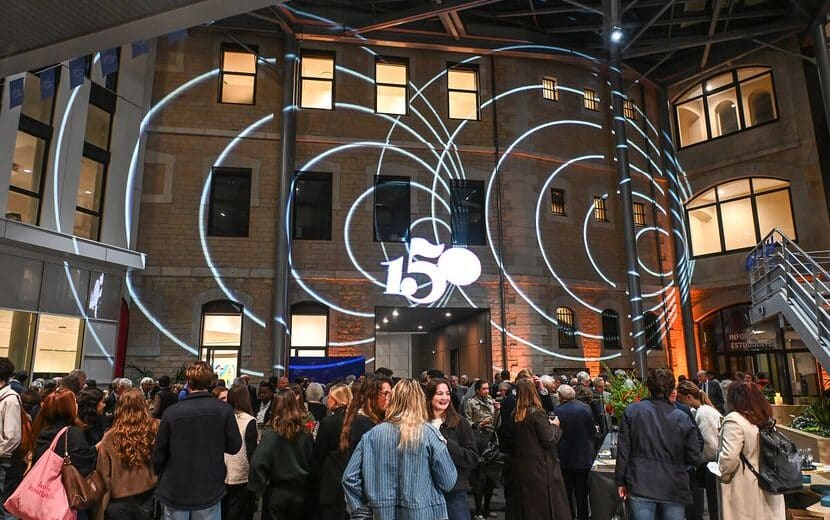
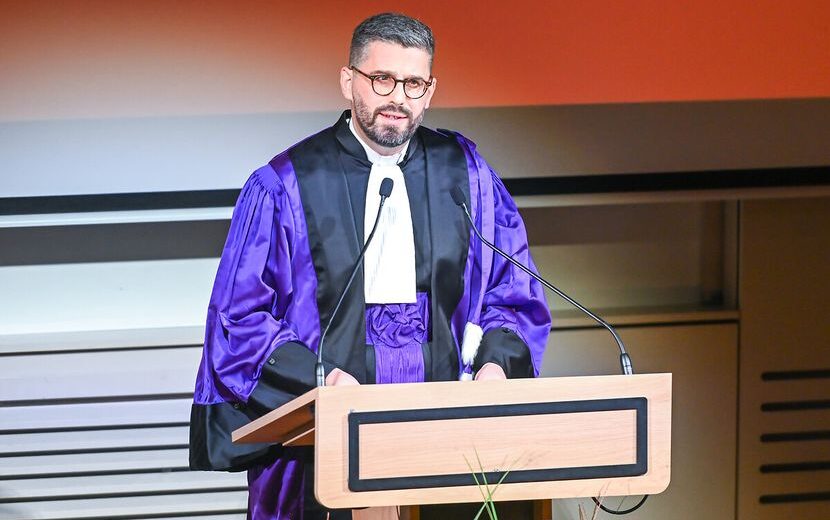
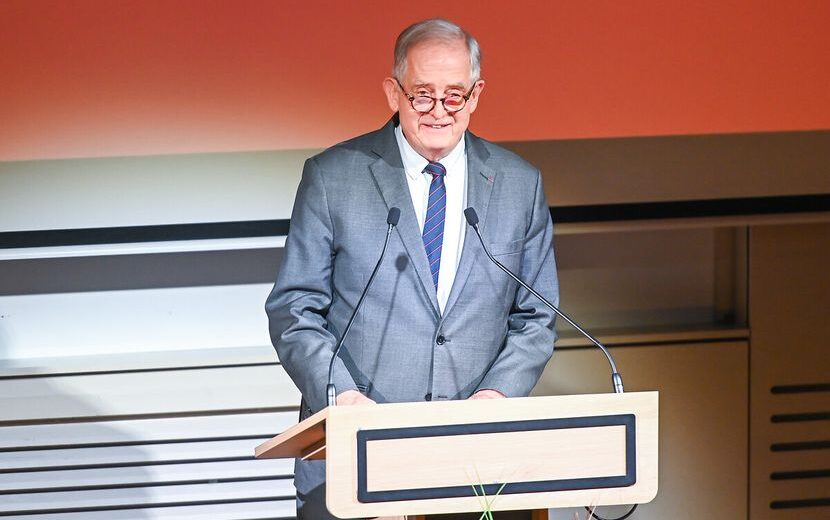
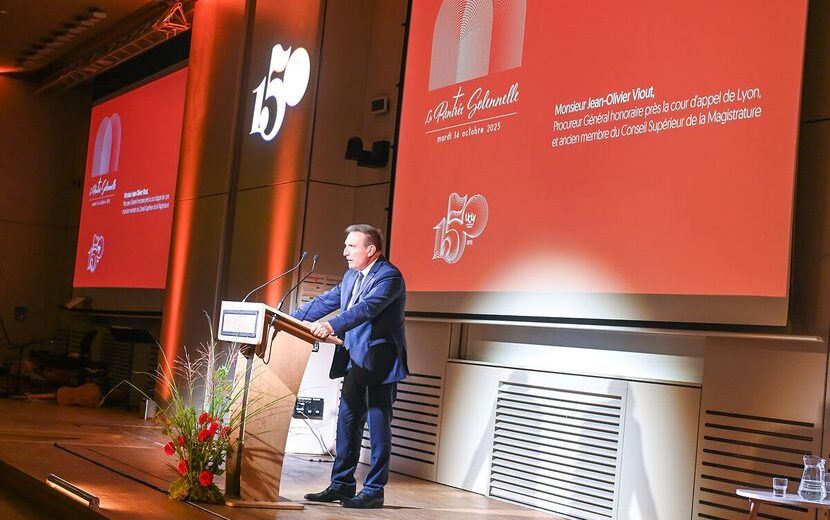
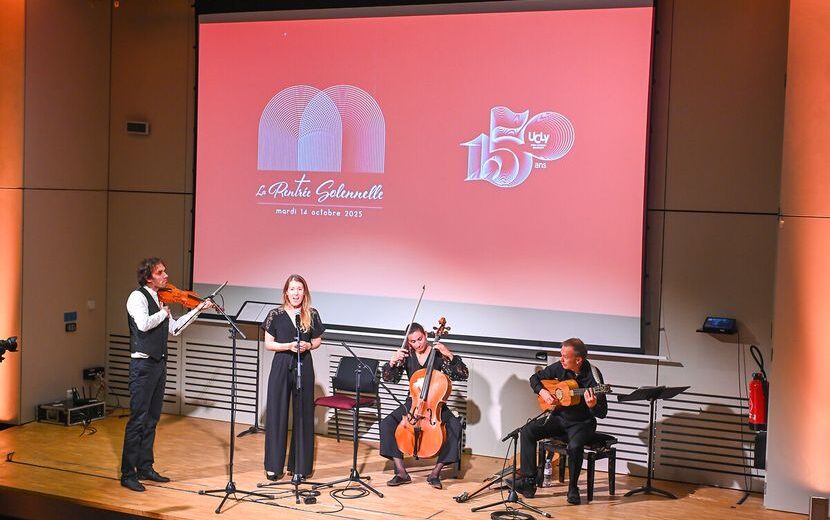
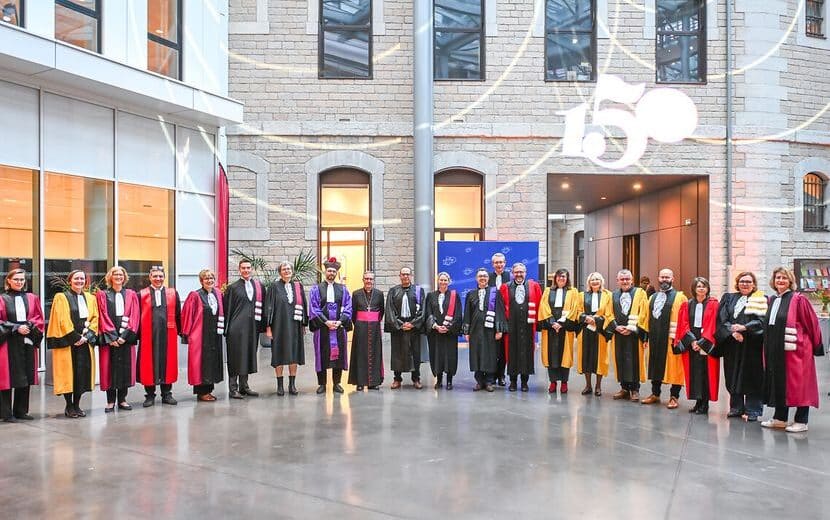
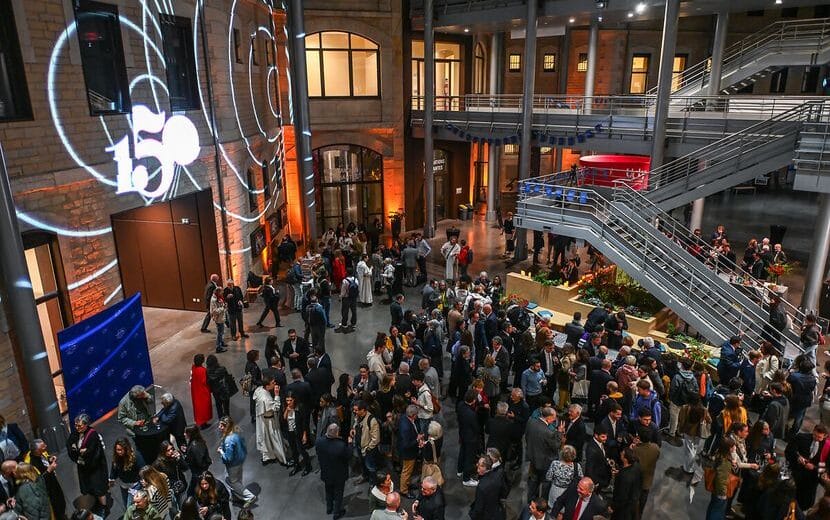
Between tradition and innovation
150 years is quite a symbol! It's an opportunity for UCLy to look back on 150 years of education and development, and to consider its future in a world of constant change. " If there is one lesson that Lyon Catholic University has learned since its foundation, it is that anchoring in tradition does not disappoint the future, but builds it " declares Grégory Woimbée, Rector of UCLy.
This future will therefore have to respect the fundamental principles of our university: the search for hope and respect for people. " Our aim is to build the UCLy of the decades to come, welcoming and unique, demanding and proud, and above all free:an education with a strong critical spirit, capable of combining the best of the human and social sciences with the life and health sciences, capable of innovating with our companies, capable of providing the City with the talents and players that France and Europe sorely need today," continues the Rector.
Science: a strategic priority
This vision of UCLy's future is particularly evident in biotechnology and healthcare, disciplines in which it is more essential than ever to combine scientific excellence with ethical reflection. " We sometimes forget that UCLy is a scientific university," declares Grégory Woimbée. "In health, environment or biotechnology, UCLy has real expertise that we will continue to develop." Since the 1950s, UCLy has worked closely with Lyon's industrialists to provide students with the scientific knowledge and technical skills needed in the world of work. The result: an 89% employment rate for students graduating from the Bac +5 courses offered by its engineering school, ESTBB. "This link with business is at the very heart of UCLy's identity
The year 2025-2026 marks a turning point for ESTBB. Indeed, the first class of engineers specializing in biotechnology, accredited by the CTI (Commission des Titres d'Ingénieur), will receive their diplomas at the end of the year. This is a symbolic event, rewarding UCLy's long tradition of training expertise in the field of health and biotechnology, since the ESTBB was founded in 1952. At the same time, ESTBB's Licence sciences de la vie Accès Santé (LAS) continues to achieve excellent results, with a 73% pass rate into the second year of Medicine, Maieutics, Odontology, Pharmacy and Physiotherapy (MMOPK).
Annecy : a growing campus
UCLy's Annecy campus continues to grow. Student numbers have risen by 10.6% since last year, and this trend is set to continue. In fact, from the start of the new academic year, the Alpes Europe campus will be hosting an enriched range of courses, expanded to include new disciplines.
For the start of the 2025 academic year, the Faculty of Literature and Civilizations in Annecy has opened its first year of Licence d'Histoire. This is an opportunity for students from Haute-Savoie and the surrounding region to benefit from a course already firmly established in Lyon. The program retains the same strengths: a strong international outlook, a strong emphasis on internships and personalized support for students in small classes.
At the start of the 2026 academic year, a course of our engineering school ESTBB will also join the Annecy campus, which will welcome its first class of students in Licence Sciences de la Vie, option Biologie et Humanités .
This unique course in France is already very popular with Lyon students. It combines training in biology (75% of the curriculum) with courses enabling students to reflect on the major philosophical and ethical issues surrounding science (health, ecology, etc.). This degree prepares students for further study in the fields of biology or health.
Ecological transition: an ongoing commitment
For a university like UCLy, addressing the challenges of socio-ecological transition is now a fundamental mission. This involves both practical, day-to-day consideration of the environmental and social impact of its operations, and training students to meet the challenges of tomorrow. " We need to prepare the next generation, train the talents, and inspire the heroes who will take on their full share of service and self-sacrifice in an increasingly divided world ", believes Grégory Woimbée. "Our aim is to stimulate the emergence of men and women who will have found, during their training, the ethics and knowledge necessary to combine the protection of living organisms with the promotion of human beings"
Research: New subjects, new projects !
Founded in 2020, UCLy's CONFLUENCE : Sciences et Humanités research center is entering its second five-year term this year. The creation of this Research Center marked UCLy's desire to strengthen its research work, focusing on subjects that correspond to UCLy's humanist values and specificities. After five years of growth and hard work, the UR now boasts 161 professors-researchers, 13 researchers qualified to direct research (HDR) and 55 doctoral students!
The last few years have been particularly marked by the work carried out within the framework of the Vulnerabilities University Chair, which will open in 2021. The aim of this Chair is to study vulnerability in all its forms in our society, with an approach that is characteristic of UCLy: exploring the notion of vulnerability through a multi-disciplinary lens - drawing on both the human and life sciences - and in constant dialogue with civil society and the socio-economic world. As the Chair's work draws to a close in 2025, this intense effort is now finding its pedagogical expression! A new Faculty of Social Sciences, built on the intellectual foundations of the Vulnerabilities Chair, will open its doors at the start of the 2026 academic year to welcome Master's and PhD students!
CONFLUENCE research center maintains its focus on the study of vulnerability and has chosen to concentrate on four areas that are more topical than ever: artificial intelligence, education and the family, health and the environment. These fields cannot be considered in isolation. Their interdependence calls for cross-disciplinary reflection on the conditions of living-together and living-in. Three key words will guide this exploration and point the way forward: responsibility, adaptation and solidarity.